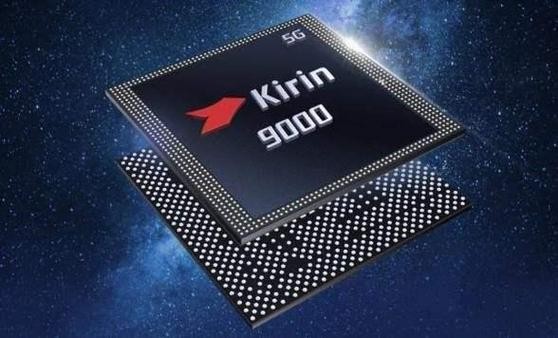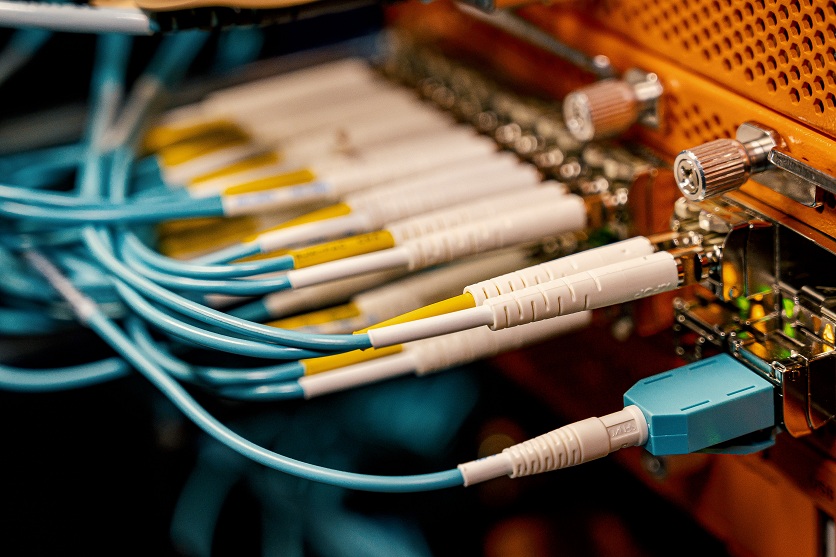China’s largest semiconductor maker SMIC has reportedly achieved a milestone success in developing a 5nm chipset without EUV machinery. The information claims that the firm used DUV equipment to process the wafers and the upcoming Mate 70 series could be its first suitor.
Let’s recall why this is important. China’s tech giant Huawei is struggling with advanced chipsets as it couldn’t acquire them due to the US ban. Trump administration barred foundries that use US technologies from exporting next-generation chips to Chinese firms This even resulted in the company not producing a 5G smartphone for 3 years after 2020. That was the Mate 40 series that ran on the Kirin 9000 SoC.

However, the breakthrough was in the making. SMIC built a 7nm Kirin 9000s application processor (AP) that powered the Mate 60 series in August 2023. Still, it was a few generations behind in terms of capability. The reason was that the firm couldn’t use advanced Extreme Ultraviolet (EUV) Lithography machinery due to the US ban. Only one company makes such machines, a Dutch firm ASML.
Also read: Huawei Mate 60 Pro Launched Officially | Find Price and Specs
SMIC is using DUV equipment for 5nm chipsets
Alternatively, SMIC opted for Deep Ultraviolet (DUV) lithography machines purchased before the ban to make 5nm chips. The milestone gets China, SMIC, and Huawei closer to the even more advanced 3nm node for smartphones in 2025. For now, the 5nm chipsets are said to be used in Huawei’s upcoming smartphone series Mate 70.
It’s a significant achievement for China. The country’s smartphone business as well as technology leap took a backseat following the trade war with the US. However, it’s finally rising through its route to achieving self-reliance. An industry insider said, “The collaboration where Huawei designs the chips and SMIC manufactures them is making China’s ‘semiconductor independence’ increasingly tangible.”
Check out: Best 5G Phones to buy from affordable to luxury ones in 2024
Many experts argued that the US’s act of imposing sanctions on China could be counterproductive. It certainly hasn’t helped when it comes to advanced semiconductor manufacturing as China gradually gains independence away from foreign companies.












